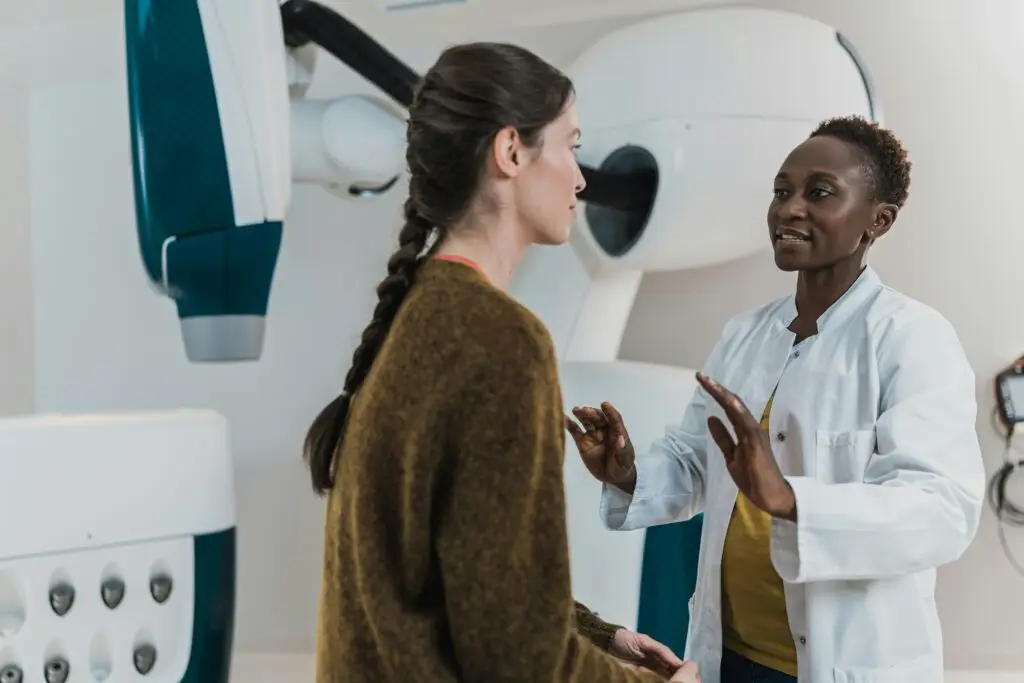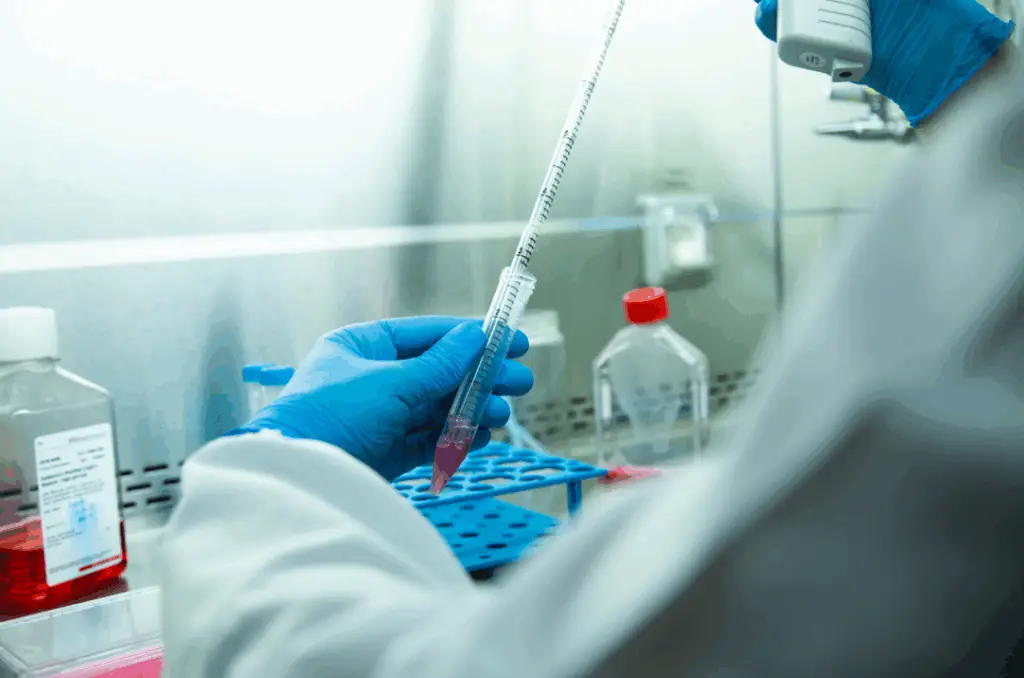After the rigorous journey of pancreatic cancer treatment, survivors face a new chapter filled with its own set of challenges and opportunities. Let’s explore what life looks like post-treatment, offering insights and guidance to help pancreatic cancer survivors thrive. From physical recovery to emotional healing, the journey continues beyond the last treatment session. This period often brings a mix of relief, uncertainty and hope as survivors adjust to a “new normal” and strive to reclaim their lives. Understanding the unique aspects of life after treatment is essential for navigating this phase with strength and optimism. Through practical advice, emotional support and empowerment, this aims to encourage survivors to embrace their journey and live life to the fullest.
Life Immediately After Treatment
The aftermath of pancreatic cancer treatment often entails physical recovery and managing lingering side effects. Coping with fatigue, weakness, pain and changes in digestion requires patience and self-care. Establishing a routine that prioritizes rest, proper nutrition and gentle exercise can aid in the healing process during this phase. Additionally, reconnecting with loved ones and engaging in enjoyable activities or favorite hobbies can provide emotional support and uplift spirits during the transition from patient to survivor. It’s important for survivors to give themselves grace as they move through this period of adjustment and focus on rebuilding their strength and resilience.
Emotional and Mental Well-being
Emotional well-being is a crucial aspect of post-treatment life. Fear of recurrence, anxiety and depression are common challenges that survivors may face. It’s normal to experience a range of emotions as one faces the uncertainty of life after cancer. Seeking support from loved ones, joining support groups or seeking professional counseling can provide avenues for coping and healing. Building inner strength and maintaining a positive mindset are essential for emotional well-being. Mindfulness practices, journaling and relaxation techniques can also help manage stress and promote inner peace. By acknowledging and addressing their emotional needs, survivors can strengthen their mental well-being and enhance their overall quality of life.
Follow-Up Care and Monitoring
Regular check-ups and screenings are essential for monitoring health post-treatment. Healthcare providers play a crucial role in overseeing survivors’ ongoing care and addressing any concerns or symptoms that may arise. Understanding the importance of blood tests and imaging scans helps survivors stay vigilant about their well-being. Open communication with healthcare providers and recognizing signs of possible recurrence helps survivors take an active role in their own health. Additionally, maintaining a comprehensive medical history and staying informed about new developments in pancreatic cancer research can also help survivors to advocate for the future, their family, and make informed decisions about their care. By prioritizing follow-up care and monitoring, survivors can stay proactive in managing their health and minimizing the risk of recurrence.
Lifestyle Changes for Long-Term Health
Adopting a healthy lifestyle is key to long-term well-being. A balanced diet, rich in fruits, vegetables, whole grains and lean proteins, provides essential nutrients to support overall health and immune function. Avoiding processed foods, sugary beverages and excessive sodium and saturated fats can help reduce the risk of cancer recurrence and other chronic diseases. Regular exercise is also important for maintaining a healthy weight, improving cardiovascular health and boosting mood and energy levels. Even moderate physical activity, such as walking, swimming or yoga, can have significant benefits for survivors’ physical and mental well-being. Additionally, avoiding tobacco and limiting alcohol consumption further supports overall health and reduces the risk of cancer and other health problems. By making small, sustainable changes to their lifestyle, survivors can enhance their long-term health and quality of life.
Reintegrating into Daily Life
Returning to work, pursuing hobbies and nurturing relationships are important aspects of post-treatment life. While it may take time to adjust to the demands of daily life, survivors can gradually return to their routines while prioritizing self-care and balance. Flexible work arrangements, such as part-time hours or telecommuting, may be helpful during the transition back to work. Exploring hobbies and interests that bring joy, excitement and fulfillment can provide a sense of purpose and identity beyond cancer. Nurturing relationships with family and friends and seeking support from loved ones can also help survivors feel connected and supported during this period of adjustment. By setting realistic goals, practicing self-compassion and celebrating their accomplishments, survivors can overcome the challenges of daily life with strength and hope.
Finding Meaning and Purpose
Reflecting on the cancer experience, exploring spirituality or giving back to the community can provide a sense of meaning and purpose for survivors. Many survivors find that their cancer journey inspires them to make positive changes in their lives, pursue new goals or help others facing similar challenges. Engaging in activities that align with their values and passions can create a sense of fulfillment and empowerment. Whether it’s volunteering for a cancer support organization, participating in advocacy efforts or simply sharing their story with others, survivors can find purpose in making a difference in the lives of others. By embracing opportunities for personal growth, self-expression and contribution, survivors can find renewed meaning and purpose in life after cancer.
Life after pancreatic cancer treatment is a journey of healing and discovery. By embracing self-care, seeking support and pursuing a fulfilling life, survivors can face and overcome this chapter with hope for the future. Each day presents new opportunities for growth, connection and joy. With courage and determination, survivors can embrace their journey and thrive. As they continue to move forward, they carry with them the strength, wisdom and perseverance gained from their cancer experience, inspiring others and leaving a lasting legacy of hope and healing.
Join Us In The Fight Against Pancreatic Cancer
TrovaNow is dedicated to making a difference in the battle against pancreatic cancer. TrovaNow’s goal is to raise funds to support The Pancreatic Cancer Early Detection (PRECEDE) Consortium. PRECEDE brings together top experts from around the world to enhance early detection, screening and prevention strategies for individuals at high risk of pancreatic cancer. With TrovaNow’s support, PRECEDE aims to significantly improve survival rates and quality of life for pancreatic cancer patients.
Ready to make a difference in the fight against pancreatic cancer? Learn how you can contribute by visiting TrovaNow’s website at www.trovanow.com.




